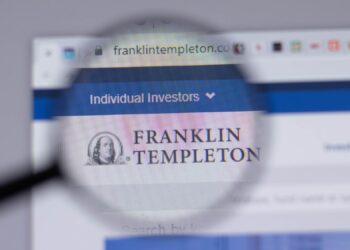Investors in the retirement phase, who found themselves pushed out of bonds into lower-risk asset classes in their hunt for yields, might turn to social infrastructure which in the post-pandemic world will look attractive and offer stable income.
AMP Capital’s principal, Charles Savage, said that in the case of social infrastructure, as opposed to core infrastructure such as roads and airports, cashflows were guaranteed by long-term contracts for up to 30 years and were irrespective of the assets’ actual usage.
“These are long-term contracts – often for 25 to 30 years, and they provide owners of social infrastructure with very stable and durable cashflows from high credit-quality counterparties (usually governments) with minimal exposure to economic cycles,” Savage noted.
At the same time, he warned that although this asset class was not risk-free and its expected higher returns for social infrastructure above bond yields represented a risk premium, this left managers with plenty of options for mitigation.
Additionally, this asset class offered a promising outlook, given the low-rate environment and the governments taking a more central role in infrastructure funding and provision, sidelining the private sector.
However, according to Savage, in the longer term over the coming years this shift would lead to greater public-private partnerships.
“Furthermore, although the cost of borrowing may not increase dramatically for governments into the near future, they may have a keen eye to their existing debt burdens in the wake of COVID-19 stimulus, and as a result may be less willing to have the full cost of new projects on their balance sheet,” Savage said.
“These dynamics make the argument for public private partnerships all more compelling, and given the pipeline of new projects that will be needed to keep pace with mega-trends, such as the shift to renewables and our ageing population, the prospects for social infrastructure from our perspective look very healthy indeed.”





